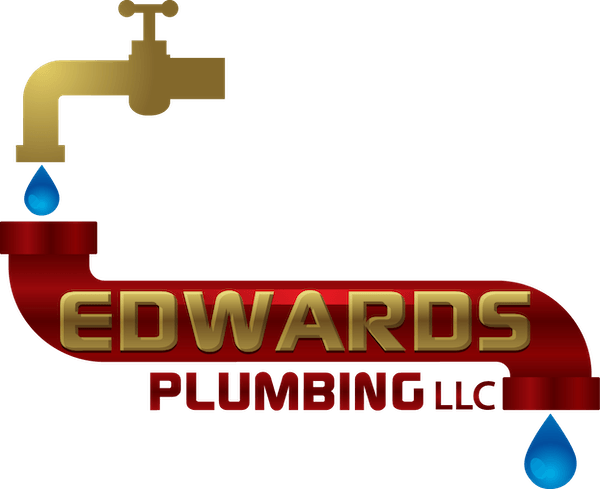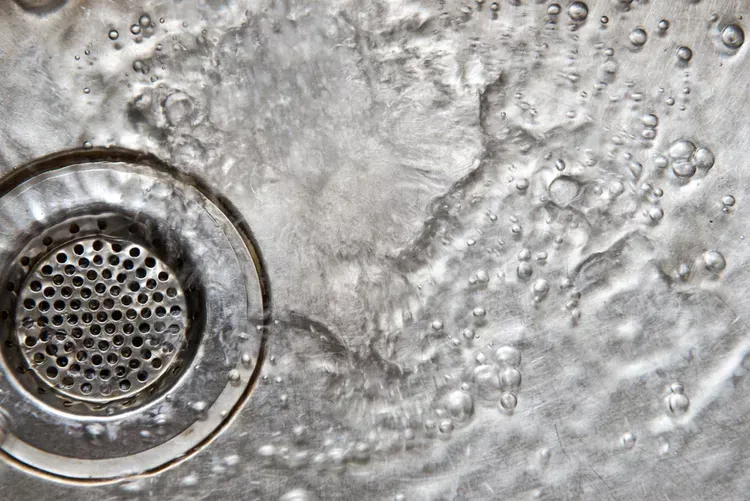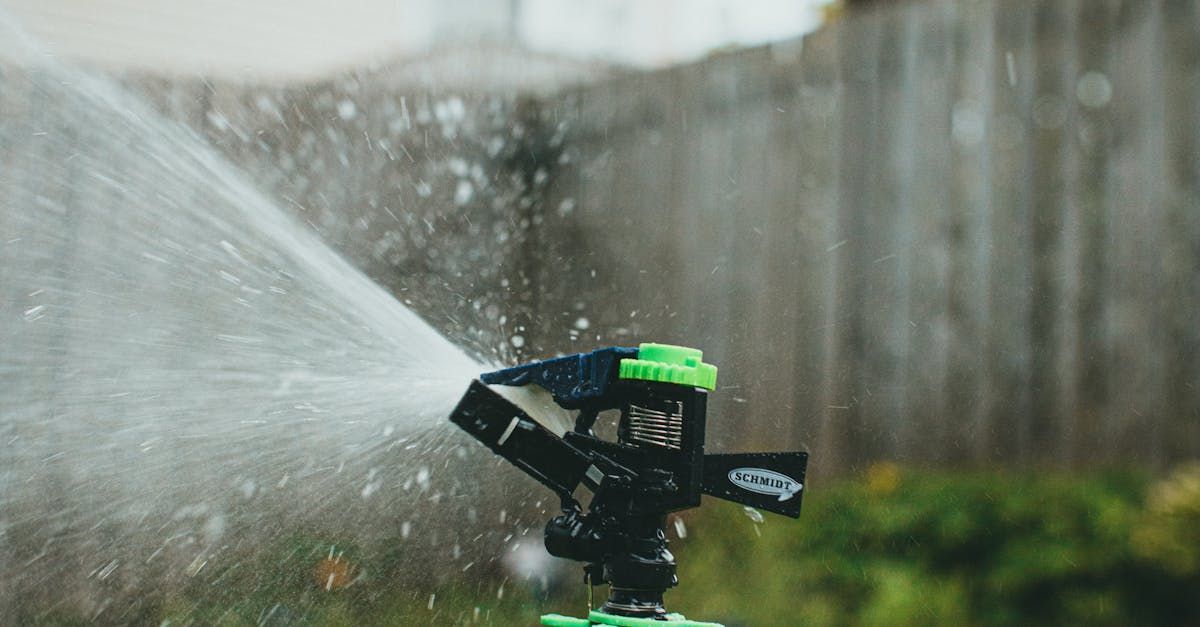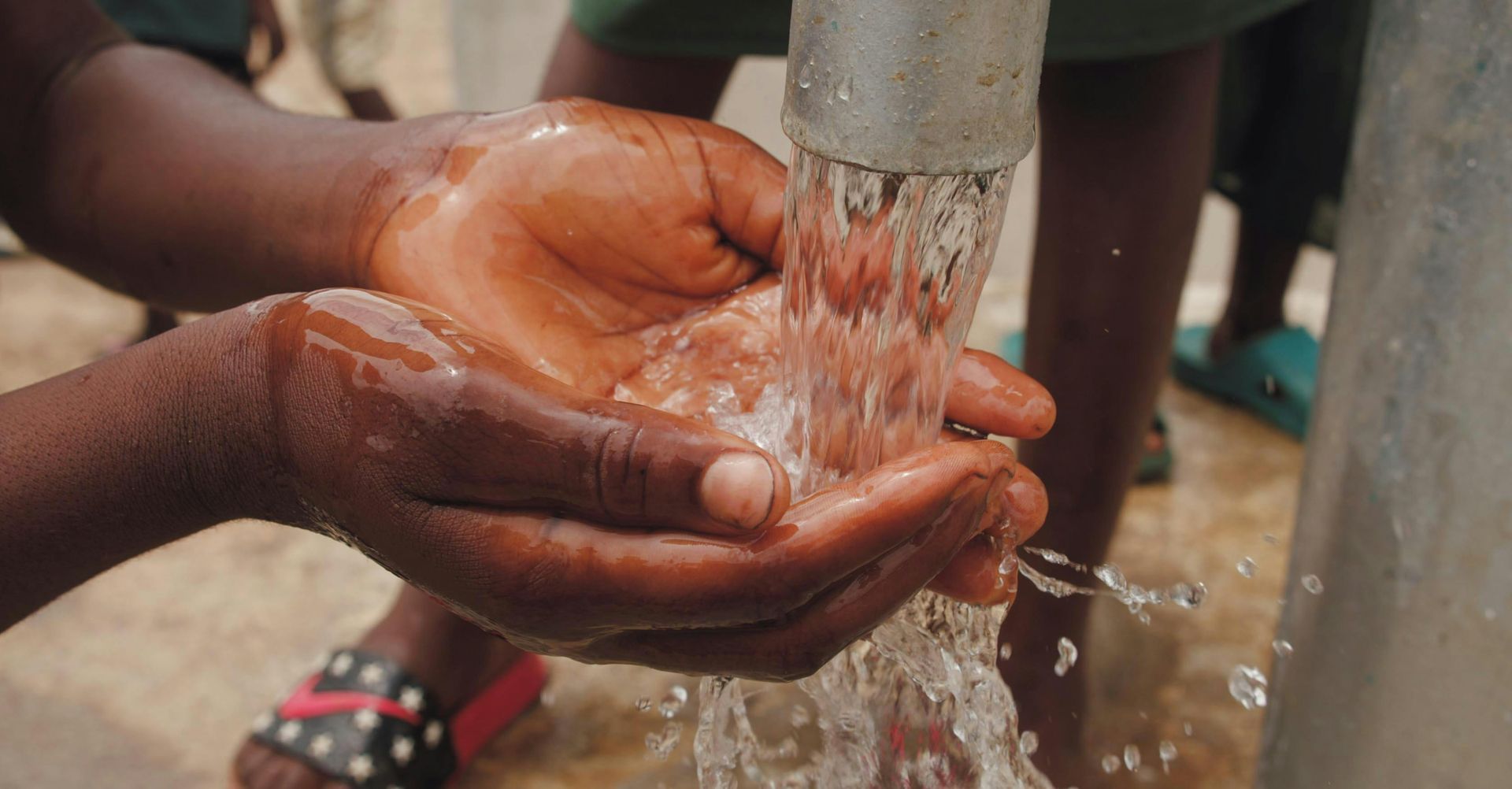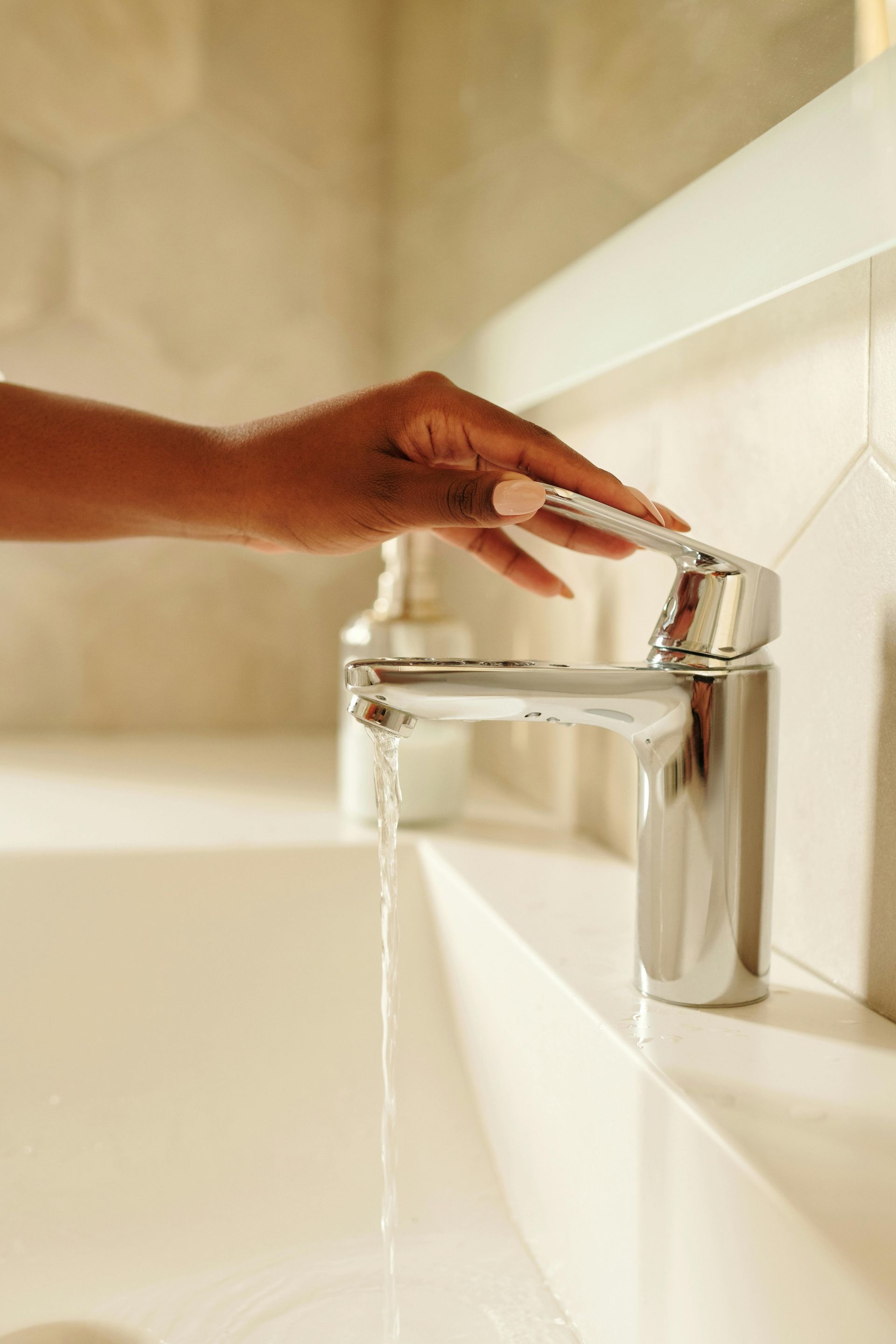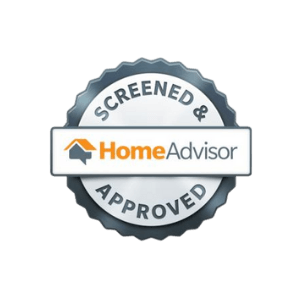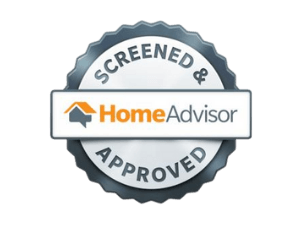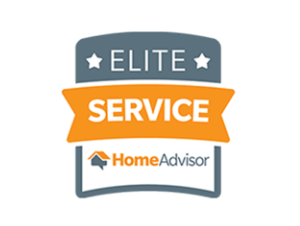Plumbing safety is crucial for protecting your home and family from potential hazards. By following proper safety measures, you can prevent accidents, injuries, and costly damages. Here are some key reasons why plumbing safety should be a top priority for every homeowner:
Prevent Water Damage
Water damage can be a major issue if plumbing issues are not handled promptly and correctly. Leaks, burst pipes, and other plumbing problems can cause significant damage to your home's structure and belongings. By following proper plumbing safety measures, you can prevent these issues and avoid costly repairs.
Not only can
water damage ruin floors, walls, and furniture, it can also lead to the growth of
mold and mildew, which can compromise the
air quality in your home. It's important to address leaks and spills immediately to prevent water from seeping into areas that are difficult to dry out.
In cases of severe water damage, it may be necessary to call in professional restoration services. These services can be expensive, so prevention through regular maintenance and quick responses to leaks is key to avoiding such situations.
Protect Against Fires
As mentioned earlier, plumbing failures are a leading cause of home fires. This is usually due to faulty plumbing equipment or improper installation and maintenance. By prioritizing plumbing safety, you can prevent potential fires and keep your home and family safe.
Faulty
water heaters, in particular, can pose a significant risk if they malfunction or are not installed correctly. It's critical to have these appliances checked regularly and to follow the manufacturer's guidelines for use and maintenance.
Gas line leaks are another potential fire hazard associated with plumbing. Homeowners should be aware of the smell of natural gas and know to evacuate and contact emergency services immediately if a gas leak is suspected.
Avoid Health Hazards
Plumbing issues can also lead to health hazards such as mold growth and contaminated water. These hazards can cause respiratory issues, allergies, and other health problems. By following plumbing safety tips, you can prevent these hazards and keep your family healthy.
Contaminated water can be particularly dangerous if consumed or used for cooking. Regularly inspecting your plumbing for signs of leaks or breaks can help ensure that your water supply remains clean and safe.
In addition to
mold and water contamination, sewer gas leaks can also pose serious health risks. Making sure that all sewer lines are properly vented and sealed can prevent these gasses from entering your home.
Plumbing Safety Tips
Now that we've established the importance of plumbing safety, let's take a look at some practical tips that can help you maintain a safe plumbing system in your home.
Regular Maintenance
Regular maintenance is key to ensuring a safe and functioning plumbing system. It's important to schedule annual inspections with a professional plumber to check for any potential issues. This will help you catch and address any problems before they become bigger, more costly issues. Edwards Plumbing recommends having your plumbing system checked at least once a year to ensure its proper functioning and safety.
During these inspections, plumbers can identify minor issues like slow leaks that homeowners might not notice. Catching these early can prevent larger issues down the line.
It's also beneficial to learn some basic plumbing maintenance tasks that you can perform yourself. This includes checking for leaks under sinks, testing toilet flush mechanisms, and draining your water heater annually to prevent sediment build-up.
Be Careful What You Flush
Toilets are not designed to flush anything other than human waste and toilet paper. Flushing items such as paper towels, feminine hygiene products, and wipes can cause clogs and potentially damage your plumbing system. Be sure to dispose of these items properly in the trash.
Educating all members of your household about what can and cannot be flushed is crucial. This includes being mindful of the thickness and quantity of toilet paper used, as excessive amounts can lead to blockages even if the product is labeled as flushable.
You should also be cautious with the use of "flushable" wipes. Despite their name, many of these products do not break down easily and can contribute to clogs and sewage backups.
Use Drain Covers
Hair, food particles, and other debris can easily clog your drains. To prevent this, use drain covers in your showers, sinks, and tubs. These covers will catch any debris before it has a chance to go down the drain and cause a clog.
Cleaning drain covers regularly is also important to ensure they continue to function properly. Soap scum and other buildup can reduce the effectiveness of the drain cover over time.
In the kitchen, avoid letting grease and food scraps go down the drain. These can solidify and accumulate in your pipes, leading to stubborn blockages.
Avoid Chemical Drain Cleaners
By:https://www.realsimple.com/home-organizing/cleaning/how-to-unclog-drain
Chemical drain cleaners may seem like a quick and easy solution for clogged drains, but they can actually do more harm than good. These harsh chemicals can damage your pipes and cause them to deteriorate over time. Instead, opt for natural drain cleaning solutions or call a professional plumber.
For
minor clogs, a mixture of baking soda and vinegar followed by hot water can be an effective and eco-friendly alternative. This natural solution can help break down buildup without the risks associated with chemical cleaners.
If natural methods do not resolve the issue, it's better to use a
plumber's snake or
auger to physically remove the clog. These tools can reach deeper into the plumbing system and are less likely to cause damage.
Know When to Call a Professional
While some plumbing issues can be fixed with a little DIY, it's important to know when to call a professional plumber. If you're unsure of how to properly fix a plumbing problem or if it's a major issue, it's best to leave it to the experts. Attempting to fix a major plumbing issue yourself can lead to more damage and potentially put you and your family at risk.
Recognizing the signs of a serious
plumbing problem is essential. These can include water pooling where it shouldn't, discolored water, or unusual noises coming from pipes.
A professional plumber has the experience, tools, and knowledge to diagnose and fix complex plumbing issues safely and effectively.
Conclusion
By following these plumbing safety tips, you can ensure a safe and functioning plumbing system in your home. Remember to schedule regular maintenance, know your plumbing system, and use the proper tools and protective gear. And don't hesitate to call a professional for help when needed. By prioritizing plumbing safety, you can protect your home, your family, and your wallet from potential hazards and damages. For expert plumbing tips and services, rely on Edwards Plumbing to safeguard your home. Contact us today for secure and efficient plumbing solutions.
Share this blog!
